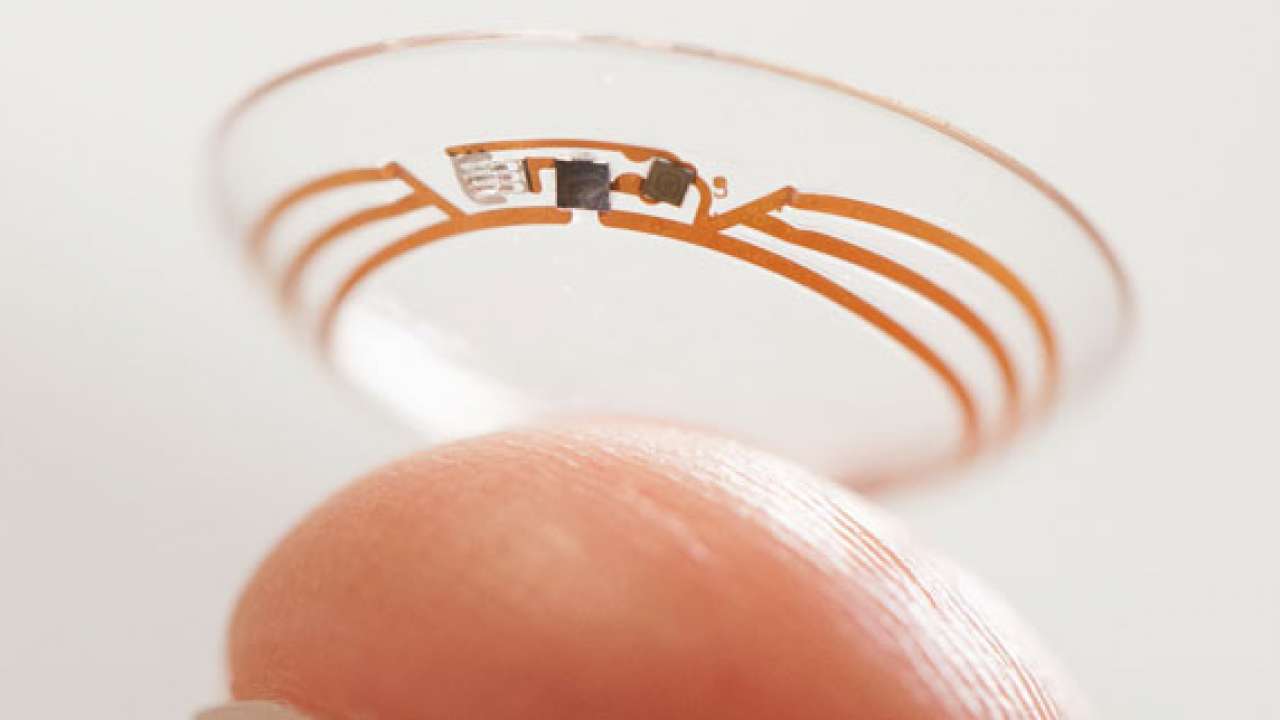Google's Smart Contact Lenses Pick Up Where Microsoft Left Off

Yesterday, Google announced its latest crazy project that could change our world for the better: smart contact lenses. According to a post on the company’s official blog, Google is hard at work on a set of contact lenses built specifically to help those with diabetes. The prototypes being tested feature “a tiny wireless chip and miniaturized glucose sensor,” which may could generate readings once per second. The post also says that Google is “exploring integrating tiny LED lights that could light up to indicate that glucose levels have crossed above or below certain thresholds.”
Diabetes sufferers have to constantly monitor their blood-sugar levels, and the need to relatedly prick a finger and test blood is more than a little annoying, prompting Google’s quest to create a smarter system in the form of these sensor-laden lenses. This initiative fits in with Google’s recently announced plans to acquire Nest, the company that makes smarter thermostats and smoke detectors—all in all, Google seems to be on a mission to transform our lives in ways that can make staying safe and healthy less of a pain than ever.
Interestingly, the day after Google’s announcement many tech sites began pointing back to Microsoft’s work on the exact same project back in 2011—which was led by Babak Parviz, who’s now employed at Google, specifically working in the Google Glass division. Not much a coincidence there.
There’s no question that making life easier for those with diabetes is a laudable goal. What has me excited as a simple tech fan, however, is the potential these lenses have for innovation in general. Google Glass looks stupid, even though what it offers is absolutely worth exploring. If the smart contact lens actually moves from prototype to reality, it could have great implications for true integration of tech into a person’s way of life.
I’d love to shop for glasses (I don’t like the idea of wearing contacts) with the option to embed a bit of Google Glass or Microsoft Sur-Face right into the lenses themselves, circumventing the “Glass-hole” look that pervades today’s Glass testers.
Above all, the smart contact lens is a great idea, and if anyone can get it done, it’s Google. And building on a foundation laid by Microsoft couldn’t hurt.